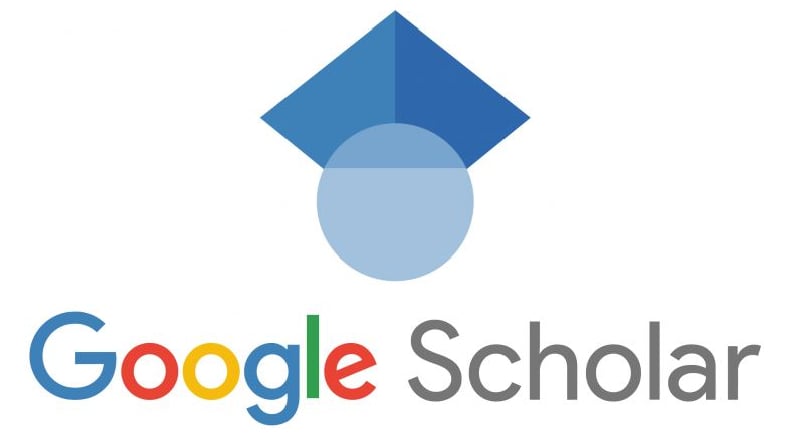PROBLEM BASED LEARNING MODEL IN INCREASING STUDENT LEARNING ACTIVENESS IN LEARNING THE HISTORY OF ISLAMIC CULTURE
Keywords:
Learning Activities; Problem Based Learning; SKI.Abstract
The research is motivated bt the fact un teaching the History of Islamic Culture, teachers have always liked to use conventional methods (lectures), this has had an impact on students active participation in learning, resulting in weak student learning activity. In learning, teachers don’t use interesting learning models. So that the student learning process is less conductive. This research is Clasroom Action Research, which was carried out collaboratively between the researcher and other teachers as collaborators, which consisted of two cycles and the research subjects were 20 students in class IX A of MTs Mamba’ul Ulum. This research aims to describe the process, results and response to the application of the problem based learning model to increase student learning activity in Islamic Cultural History at MTs Mamba’ul Ulum Murukan for the 2023/2024 academic year. Data collection was carried out by observing the implementation of the problem based learning model carried out by the teacher and observing in learning. The result of this research show that the problem based learning model has a positive impact on increasing students active learning. This is proven by the average value of student learning activity in each cycle, namely in cycle I it was 62,41% and cycle II it was 82,21%. This is also influenced by the teachers skills in implementing the problem based learning model, reaching 70% in cycle I and in cycle II reaching 85%. Thus, it can be concluded that the application of the problem based learning model can increase student learning activity in the Islamic Cultural History subject at MTs Mamba’ul Ulum Murukan Mojoagung.
References
Ahmadi, A., & Supriyono, W. (2003). Psychology of Learning . Rineka Cipta.
Amiruddin, Muzaki, IA, Millah, CS, Lestari, RL, Yulianto, SNA, & Halizah, SN (2023). Implementation of the Problem Based Learning (PBL) Learning Model in Increasing Student Activeness in Islamic Cultural History (SKI) Subjects at MTsN 4 Karawang. Maslahah: Journal of Community Service , 4 (3), 140–147.
Bariyah, Eva Musthofatul, et al. (2022). Effectiveness of Using the Problem Based Learning (PBL) Learning Model on Students' Critical Thinking Ability in Islamic Cultural History Subjects. Education Window Journal, 2(2).
Hakim, L., Musawir, & Alfiyah, HY (2024). Implementation of the Problem Based Learning Type Cooperative Learning Model in SKI Subjects in Increasing Student Creativity at MA Al-Ihsan Krian Sidoarjo. Scholar: Journal of Education and Teaching , 2 (2), 282–291.
Hamalik, O. (2011). Teaching and learning process . Literary Earth.
Hunain, I., Maghfiroh, M., Qomariyah, N., & Fahmi, Ach. SI (2023). Implementation of PBL Learning Strategies in PAI Learning at SDN Pandan, Galis Pamekasan District. Rabbani: Journal of Islamic Religious Education , 4 (1), 62–77. https://doi.org/10.1915/rjpai.v4i1.8219
Nurhayati, A. (2021). Application of the Problem Based Learning Model (Problem Based Instruction) in Mathematics Learning in High School. Department of National Education , 1 (1).
Ratno, Puspoko Poncho. (2022). Information and Communication Technology (ICT) learning uses the Problem Based Learning Model and Community Science Technology. Allimnaa: Journal of Teacher Professional Education 1(2), 01-09.
Sanjaya, W. (2010). Learning Strategies Oriented to Educational Process Standards . Prenada Media Group.
Sardiman. (2003). Teaching and Learning Interaction and Motivation . Jakarta : Rineka Cipta.
Setyawan, Muhammad and Henny Dewi Koeswanti. (2021). Problem Based Learning on Critical Thinking of Elementary School Students. Pulpit PGSD Undiksha, 9(3), 489-496.
Shah, M. (2020). Educational Psychology (with a New Approach) . Rosdakarya Teenager.
Trianto. (2009). Designing Innovative Progressive Learning Models . Kencana.








